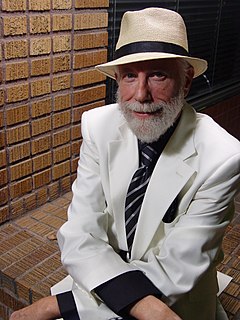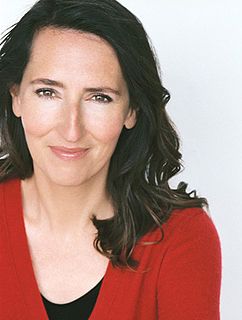A Quote by John Kenneth Galbraith
The present age of contentment will come to an end only when and if the adverse developments that it fosters challenge the sense of comfortable well-being
Quote Topics
Related Quotes
Worship will never end; whether there be buildings, they will crumble; whether there be committees, they will fall asleep; whether there be budgets, they will add up to nothing. For we build for the present age, we discuss for the present age, and we pay for the present age; but when the age to come is here, the present age will be done away.
In the Christian sense, love is not primarily an emotion but an act of the will. When Jesus tells us to love our neighbors, he is not telling us to love them in the sense of responding to them with a cozy emotional feeling. You can as well produce a cozy emotional feeling as you can a cough or sneeze. On the contrary, he is telling us to love our neighbors in the sense of being willing to work for their well-being even if it means sacrificing our well-being to that end.
I teach contentment. And the basic principle of contentment is to drop your ego. Don`t think for a single moment, "To be or not to be." Just not to be is the rule. What have you gained by trying to be? Just for a change try not to be, and you will be amazed. The moment you are not, there is contentment, there is silence, there is beauty, there is bliss. Meditation is only a methodology to make you aware that your only disease is your ego, and your only health is egolessness.
The generally accepted view is that markets are always right -- that is, market prices tend to discount future developments accurately even when it is unclear what those developments are. I start with the opposite view. I believe the market prices are always wrong in the sense that they present a biased view of the future.



































